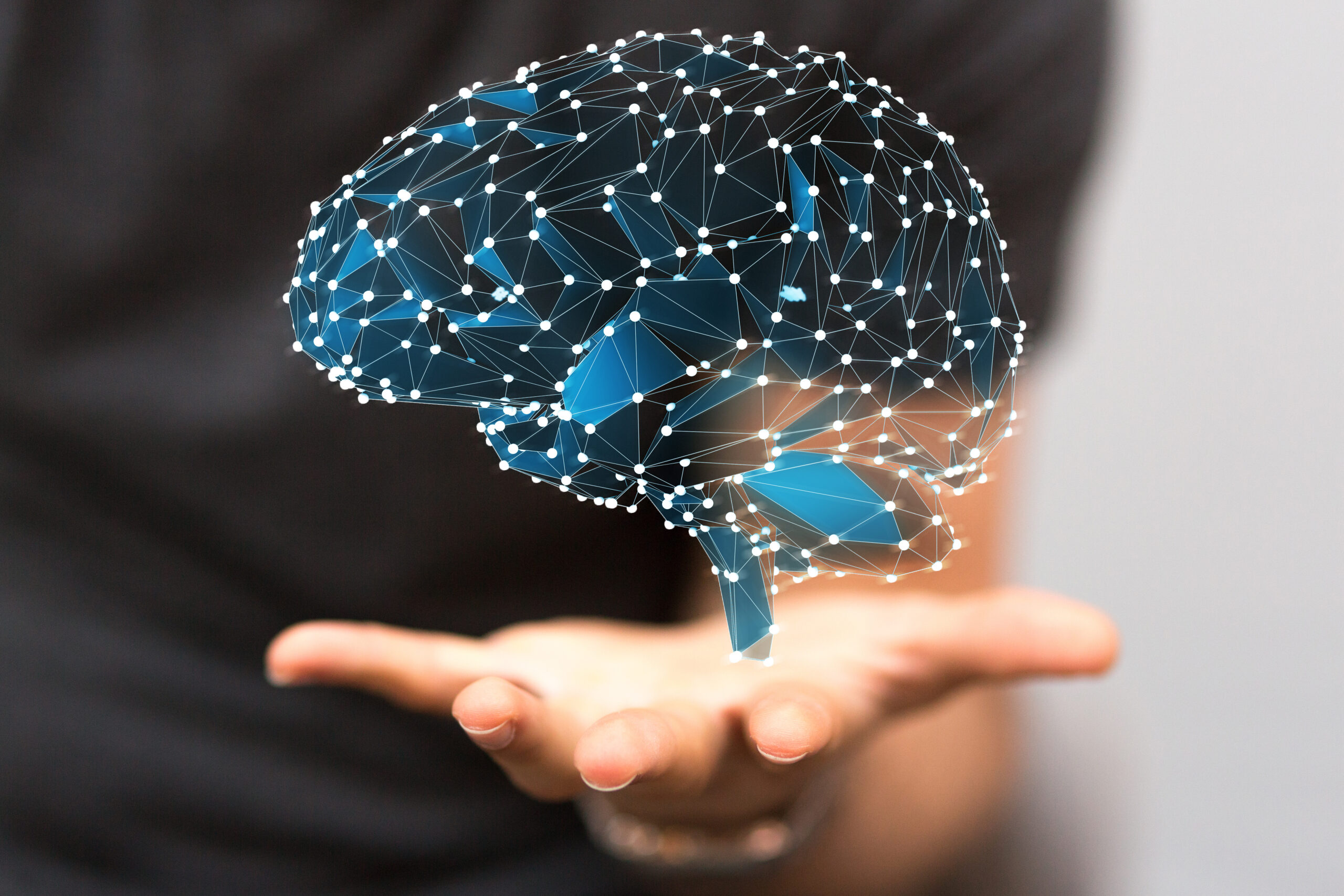Anxiety and Menopause: The Link Every Woman Should Know
Menopause is a natural phase in every woman’s life, marking the end of menstrual cycles. But beyond the well-known physical changes like hot flashes and night sweats, many women experience anxiety during this time. Understanding why anxiety and menopause are linked can help women navigate this transition with more ease.
At the heart of this connection is estrogen, a hormone that plays a big role in regulating mood. During menopause, estrogen levels drop significantly. This decline affects brain chemicals such as serotonin and GABA, which help keep our emotions balanced and reduce feelings of anxiety. When these neurotransmitters are out of sync due to lower estrogen, it can lead to increased nervousness or worry.
Hot flashes—those sudden waves of heat that many menopausal women face—are not just uncomfortable; they also contribute to anxiety. These episodes can be unpredictable and embarrassing, making women feel self-conscious or stressed about when the next one might hit. This unpredictability adds an emotional burden on top of physical discomfort.
Night sweats often accompany hot flashes and disrupt sleep patterns by waking women up repeatedly during the night. Poor sleep makes it harder for the brain to manage stress effectively, so anxiety symptoms tend to worsen when rest is insufficient.
The ongoing experience of hot flashes acts like a constant stress signal for the body. When your body stays on high alert because it’s dealing with frequent physical symptoms, calming down emotionally becomes more difficult too.
It’s important to recognize that these factors don’t work alone—they interact in ways that amplify both physical symptoms and emotional distress during menopause.
Women who already have a history of anxiety or depression may find their symptoms intensify during menopause because hormonal shifts add another layer of challenge for their mental health system.
Talking openly about these experiences helps reduce feelings of isolation many women face at this stage in life. Seeking support from healthcare providers who understand how hormones influence mood can lead to better management strategies tailored specifically for menopausal anxiety.
Simple lifestyle changes such as regular exercise, mindfulness practices like meditation or yoga, maintaining good sleep hygiene, and connecting with supportive friends or groups can also make a significant difference in easing both anxious feelings and menopausal symptoms.
Knowing there is a clear link between menopause-related hormonal changes—and resulting effects on brain chemistry—with increased anxiety empowers women to take proactive steps toward feeling better physically and emotionally throughout this natural transition period in life.





